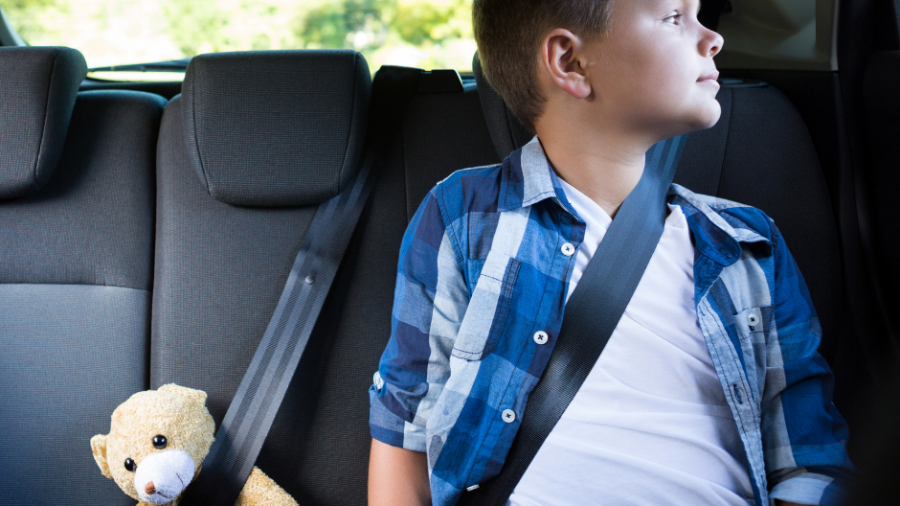Did you know car recalls in Australia have tripled in 7 years to 2019? Manufacturers recalled some 230 vehicles in 2019, not including the Takata airbag crisis. Have we lost the ability to manufacture quality cars? If a brand new car still has loose wheel nuts, is it safe to buy a new car?
Why more recalls?
Some say recalls are normal, just part of the product lifecycle. Certainly cars are more complex than ever, so there is more room for error. Here are more reasons why recalls are increasing:
- Cars have complex electrical and electronic systems
- More components come from fewer suppliers
- Modular manufacture puts the same platforms on different models, which spreads the problem
- The more vehicles there are, the more recalls
- More oversight by authorities, such as NHTSA (US), ACCC (Aus), or Office for Product Safety and Standards (UK)
- Media pressure and social media.
Manufacturers issue recalls if there is a problem with multiple cars, if parts do not meet regulatory standards, or the vehicle poses a risk to the driver.
The most recalled car brand in 2018 in Australia was Mercedes-Benz, with 34 recalls. Toyota, Ford and Chrysler tied with 13 and Audi was third with 11.
Some current recalls
This selection in Australia is only a taste of different types of problem:
Takata – Manufacturers must make 2.29 million replacements by 31 December 2020. Authorities issued a critical safety alert for 20,000 cars in Australia still with faulty airbags
Volkswagen and Skoda – 65,000 cars, production fault that could over time cause a crack in the transmissions pressure accumulator
Mazda – 35,000 cars, build-up of carbon deposits could cause premature wear of certain engine components in diesel versions
Nissan – 6,000 cars, faulty oil seal in ABS brakes
Mercedes Benz – 268 cars, four incorrectly installed lock nuts for fastening airbags
Hyundai 167 cars – problem with the wheel nuts.
In the first week of November only, there were 11 recalls. These were by Volvo, Holden, BMW, Toyota, Jaguar-Land Rover, Mercedes-Benz, Subaru, Hyundai and Renault. Most were separate problems, ranging from excessive noise to reduced oil pressure.
The manufacturer must recall the vehicles, find the owners if possible, and remedy the problem. This takes time and some, like the Takata one, remain incomplete. They say it is hard to find all the vehicles containing these airbags.
Incomplete recalls
In the US, major carmakers repair about two-thirds of recalled vehicles within 18 months, according to reports since early 2015. However, a quarter of recalls are still not fixed within that time. This may pose an unnecessary risk to drivers.
The Takata recall in Australia is still progressing. As at 30 September 2019, airbag replacement for most brands was 64% (Mercedes-Benz) to 94% (Jaguar, McLaren) of all affected vehicles. Some vehicle owners don’t prioritise replacing their airbags or think it will cost them money. But all manufacturers of Takata-affected vehicles must meet the 2020 deadline.
Insurance ramifications
Did you know not replacing airbags can affect your insurance as well as your safety? Owners are supposed to take reasonable precautions to maintain the safety of their cars. Cars need to be roadworthy and well maintained, otherwise insurers may not accept a claim later.
Some owners may not even know their car is affected.
- Check whether your car is Takata affected by visiting IsMyAirbagSafe.com.au or the manufacturer’s site and enter the VIN number
- Browse all car recalls in 2019 and filter for particular brands:


your opinion matters: